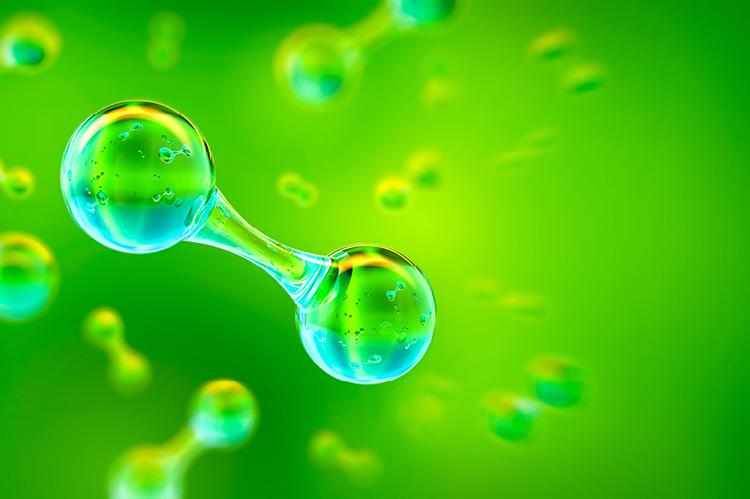France & Germany to Reach Final Investment Decision On 100km Hydrogen Pipeline ‘Very Soon’

A key decision on a 100-kilometer hydrogen pipeline connecting France and Germany is expected "very soon," according to the CEO of France's main gas transmission system operator.
France's main gas operator, GRTGaz, is set to imminently approve the construction of a 100km hydrogen pipeline connecting France and Germany, marking a significant step in both countries' efforts to decarbonize heavy industries.
Sandrine Meunier, head of GRTGaz, announced the imminent final investment decision (FID) during the Hyvolution conference in Paris on Wednesday, January 31. This marks GRTGaz's first FID of 2024, coming just days after Meunier assumed her new role.
The MosaHYc project will transport hydrogen from France's Moselle department to steelmaker Stahl-Holding-Saar (SHS) facilities in the neighboring German state of Saarland. The pipeline will primarily utilize repurposed natural gas pipes, with about 70 kilometers running on the French side.
This project aligns with the European Commission's approval in December of $2.85 billion (€2.6 billion) in state aid for SHS. The funds will support the company's transition to two electric arc furnaces and a hydrogen-fired direct iron reduction plant, replacing traditional blast furnaces and oxygen use.
France's draft hydrogen strategy, unveiled in December, outlines plans for 500 kilometers of hydrogen pipelines in the near future.
These pipelines aim to connect upcoming industrial hydrogen hubs with large H2 storage facilities. However, the exact routes and regulations surrounding their use will not be finalized until 2026.
GRTGaz's director of development, Anthony Mazzenga, emphasized the importance of securing customer commitments before further pipeline investments.
"We only install pipes if we have customers," he stated, highlighting the focus on serving industrial hubs seeking hydrogen for decarbonization efforts.
Mazzenga also mentioned ongoing studies for the "Bar-Mar" subsea pipeline between Barcelona and Marseille, a crucial segment of the wider H2Med hydrogen corridor linking Portugal, Spain, and Germany.
The MosaHYc pipeline, a collaboration with German gas distributor Creos, is expected to be operational by 2027. GRTGaz operates all gas transmission pipelines in France except for a southwestern region managed by TIGF.
This development signifies a significant step towards hydrogen infrastructure development in Europe, facilitating cleaner steel production and potentially paving the way for broader industrial decarbonization efforts.

